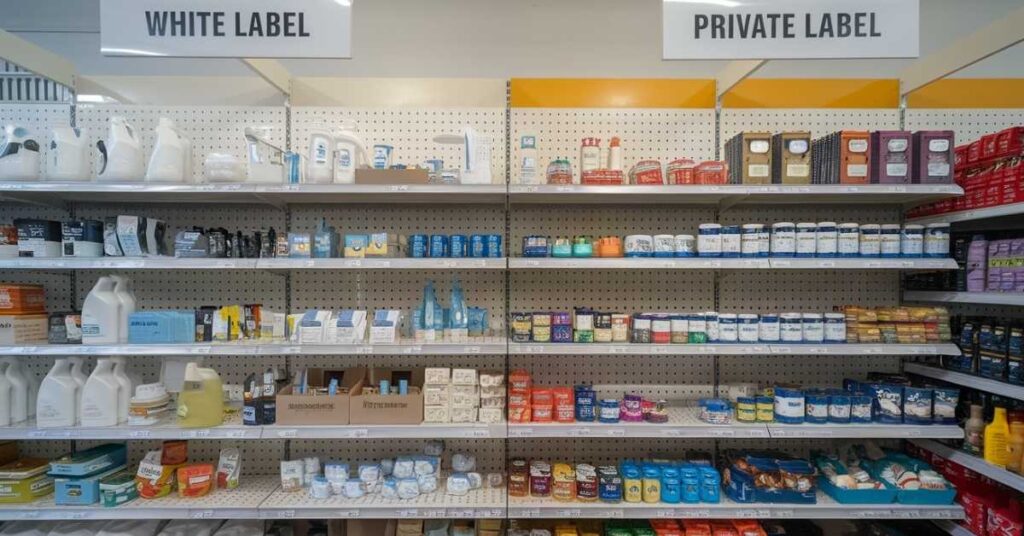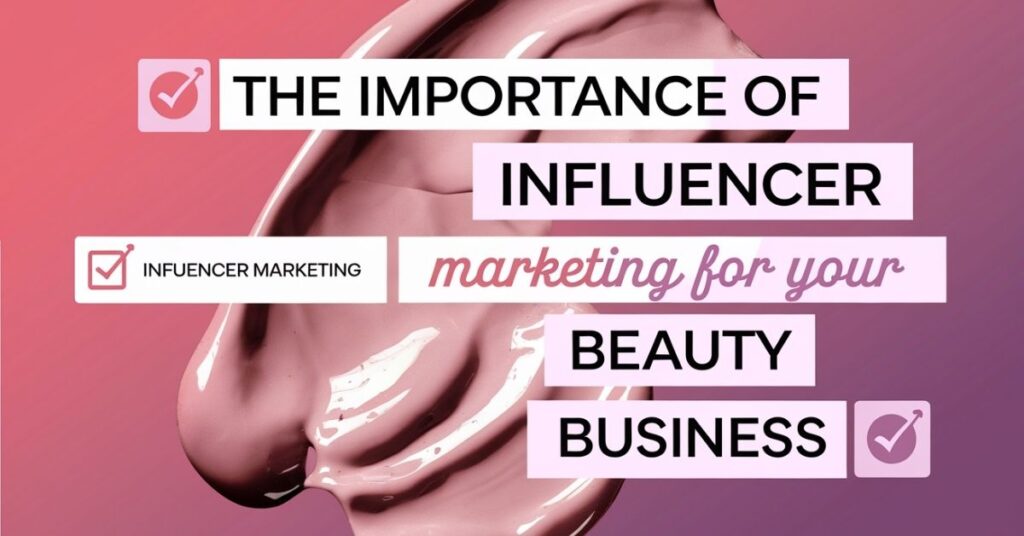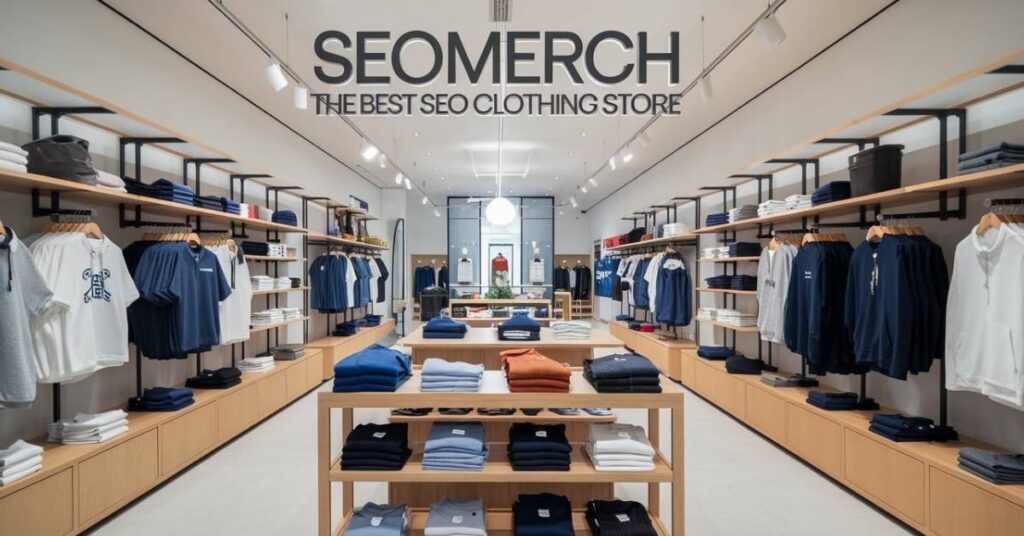Are you having trouble determining if private labeling or white labeling is better for your company? Making this choice may be intimidating, particularly if both solutions appear to have high potential for expansion and financial success. Understanding how each strategy matches your particular business objectives and market demands is the true problem.
Simply said, private labeling enables you to design unique items that are consistent with the personality of your company, whereas white labeling provides pre-made goods that may be renamed. Which approach, nonetheless, fits your vision?
The main distinctions between white-label and private-label tactics will be discussed in this post, along with how they impact your branding, expenses, and market positioning. We’ll also include real-world examples so you can make an informed decision for your company. Follow along to find the approach that works best for you.
Differences Between White Label and Private Label
When it comes to selling products or services, businesses often rely on either white-label or private-label strategies. While both let companies avoid creating products from scratch, they work differently and suit different business needs. Let’s break them down in simple terms:
- White Label: Imagine a product or service made by one company that many other companies can rebrand and sell as their own. That’s a white label. It’s like a pre-made template—quick, affordable, and easy to use. For example, think of a software platform that multiple businesses sell under their names, even though the software is identical. The downside? Since other companies can also sell the same product, your brand may lack uniqueness or exclusivity.
- Private Label: Now picture a product made specifically for your brand. You get to decide how it looks, feels, and even functions. This is a private label. For example, grocery store chains often sell private-label food items under their brand. These products are exclusive to them, helping their brand stand out. While private label offers more control and customization, it costs more and takes time to develop.
Which label is better for you: white label products or private label products?
Choosing between white-label and private-label products depends on your business goals, budget, and the level of control you want over the product. Here’s a detailed comparison to help you make an informed decision:
White Label Products:
White-label products are pre-made and sold by the original manufacturer to multiple businesses. These businesses can rebrand and resell the product under their name.
When White Label is Better:
- Speed to Market: If you’re looking to launch a product quickly without the time or resources needed for development, a white label is ideal. You can instantly access a product that is already created, saving both time and effort.
- Lower Cost: White-label products are often cheaper because you don’t have to pay for product development, customization, or large-scale manufacturing costs. If your budget is tight, white label may be more cost-effective.
- Less Risk: Since the product has already been created and tested, the risk of failure is lower. It’s a more predictable model since the product has been proven in the market.
Cons of White Label:
- Lack of Customization: You’ll have limited ability to tailor the product to your specific needs or branding. The product is generic and might lack uniqueness.
- Branding Limitations: Since multiple companies can sell the same product, it may be harder to stand out in the market with a white-label product.
Private Label Products:
Private-label products are developed specifically for your brand by a manufacturer. These products are sold exclusively under your brand name and can be customized to meet your exact needs.
When Private Label is Better:
Private label is better when:
- You Want a Unique Product: If you want to stand out in the market with a product that is tailored to your brand and different from competitors, a private label is ideal.
- You Need Full Control: Private label allows you to control product design, features, packaging, and branding, ensuring it aligns with your business goals and vision.
- Brand Loyalty is Key: If your business relies on building a strong, unique identity to create customer loyalty, private label products help reinforce that connection.
- You Compete in a Niche Market: Private label is perfect for niche markets where customers value customized and specialized products over generic ones.
- You’re Ready to Invest: If you have the budget and resources for higher upfront costs, the private label offers long-term benefits through exclusivity and differentiation
Cons of Private Label:
- Higher Costs: Developing private label products usually involves higher initial costs for customization, design, and smaller production runs. It’s more expensive than white-label products.
- Longer Time to Market: The process of developing a private label product can take more time, as it involves working with manufacturers to create something unique for your brand.
Why are private-label products more expensive than white-label products?
1. Customization Costs
Private-label products are made specifically for a single company, meaning they require more customization. This includes unique packaging, ingredients, or design features tailored to the brand’s needs. Customization often involves higher manufacturing costs, as the process is more specialized compared to the generic, pre-made nature of white-label products. These added features result in a higher price.
2. Exclusivity
Private label products are made exclusively for one brand, which means no other company can sell the same product. Manufacturers often charge more for this exclusivity, as they are essentially dedicating their production capacity to a single customer. This exclusive nature of private label products ensures that the brand can offer something unique in the market but at a higher cost.
3. Branding Control
The business has complete control over the branding, packaging, and marketing of private-label goods. Higher investments in design, graphic design, and high-quality packaging materials are frequently the result of this control. Additional resources are needed for custom packaging and branding, which affects the product’s ultimate cost. White-label goods, on the other hand, typically have generic packaging.
4. Smaller Production Runs
Compared to white-label items, private-label products are frequently manufactured in lower numbers. Manufacturers charge more per unit because they are unable to obtain the same economies of scale in smaller manufacturing runs. Because white-label items are manufactured in greater quantities, their cost per unit is cheaper. The pricing difference between the two is mostly caused by the scale difference.
5. Higher Quality Control Standards
Stricter quality control is frequently required by private label businesses in order to preserve the reputation of their brands. More stringent testing, inspections, and certifications may follow if the producer doesn’t follow certain guidelines established by the brand. The cost of production is raised by these extra quality control procedures. White-label items, on the other hand, are usually made with standard quality control, which reduces the overall cost.
6. Long-Term Partnerships and Support
A closer, more cooperative relationship between the producer and the brand is necessary for private-label items. This frequently entails product creation, continuing maintenance, and modifications to accommodate the evolving demands of the business. The total cost may increase if the manufacturer offers exclusive training, product upgrades, or customer service. Because white-label items typically don’t provide such individualized, ongoing services, prices are kept lower.
The assistance and solutions that manufacturers offer to businesses who wish to produce goods under their brand are referred to as private label services. Businesses may provide distinctive items without having to produce them themselves thanks to these services, which cover every step of the process from product creation to marketing.
What are private label services?
1. Product Development
Manufacturers help businesses develop and customize products according to their specifications. This includes modifying ingredients, design, features, and packaging to align with the brand’s image and target market.
2. Branding & Packaging
Private label services offer custom branding and packaging solutions. Companies can have their logo, colors, and brand elements integrated into the product’s design. The packaging will be unique to the brand, giving it a distinct market identity.
3. Manufacturing
Manufacturers handle the production of the product, ensuring it meets quality standards. This service typically includes overseeing production runs, material sourcing, and assembly, providing businesses with high-quality, exclusive products.
4. Quality Control
Private label services ensure that products meet industry standards and pass quality checks before reaching the market. This often includes testing for safety, effectiveness, and consistency.
5. Inventory & Fulfillment
Some private label services also offer inventory management and fulfillment services. They can handle warehousing, order processing, and shipping, allowing businesses to focus on marketing and customer service.
6. Ongoing Support
client service from private label suppliers frequently includes restocking, product updates, and modifications depending on client input. They assist companies in maintaining the competitiveness and market relevance of their products.
What are white-label services?
Products or services developed by one firm that other companies may rebrand and market as their own are known as white-label services. Businesses who wish to provide a product or service to their clients but lack the time, money, or know-how to create it themselves frequently employ these services.
Here are the key white-label services:
1. Software Solutions
Businesses may provide custom-branded software solutions without having to build the software themselves thanks to white-label software services. CRM systems, email marketing platforms, analytics software, and SEO tools are a few examples. These pre-made items may be renamed using the company’s design and branding.
2. Marketing Services
White-label services like SEO, content production, social media management, and PPC advertising are provided by a lot of digital marketing firms. By reselling these services under their name, agencies may provide their clients with top-notch work without having to deal with the implementation themselves.
3. Web Design and Development
White-label web development and design services enable businesses to offer websites and digital solutions to their clients. These services are created by a third-party developer, but the rebranding company sells them under their own name, usually with minor customizations to suit individual needs.
4. Financial Services
Payment gateways, investment platforms, and loan solutions are examples of white-label financial products offered by some financial institutions. Other businesses can sell and brand these to provide financial services without having to develop the infrastructure or underlying technologies.
5. E-commerce Platforms
Businesses may rapidly open an online store without having to design the software themselves thanks to white-label e-commerce platforms. Although the platform is pre-built, it may be tailored to meet specific company needs by adding functionality, the brand’s design, and its logo.
6. Mobile App Solutions
White-label mobile app services give companies ready-to-use, fully functional apps that they can brand as their own. These might be used for customer interaction, business administration, or fitness tracking, among other things.
Conclusion
In conclusion, the main marketing differences between private-label and white-label items are ownership and customization. Ready-made, generic items with little to no customization that may be renamed and sold by several companies are known as white-label products. They are typically less costly since they require less effort from the service provider. Contrarily, private label products are created just for one company and provide more customization in terms of features, look, and branding. This higher degree of personalization gives the company more control over the product and its brand, even though it costs more. Both strategies have benefits, depending on the goals of the business; the white label is more cost-effective, while the private label provides exclusivity and uniqueness.



